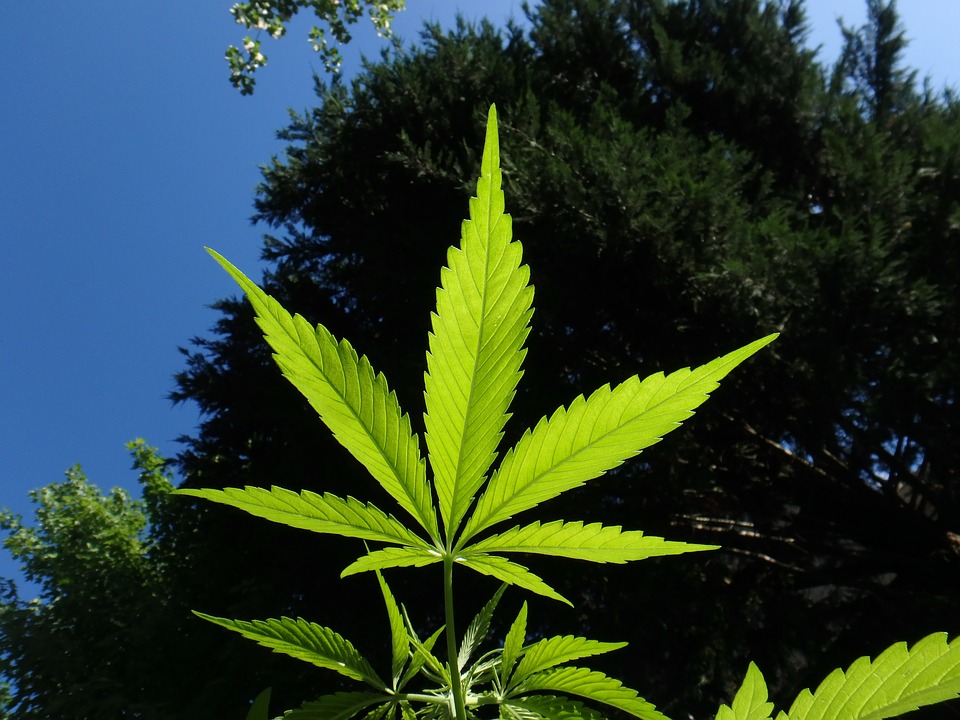Synthetic CBD varieties outnumber the “seven” naturally occurring plant based CBDs at an increasing rate…
Almost 50 “known” documented synthetic CBD molecules are currently published in a leading peer-reviewed journal. Yet, none of the research is talking about whether or not synthetic CBD dangers are real or a conspiracy against science.
As more information becomes available, we might want to begin paying attention to the future of single isolated CBDs. Because not paying attention to the evolution of synthetic CBDs could be more costly in the long term.
What Are The Current Synthetic CBD Dangers To Look Out For? As We Move Into A Future Dominated By Synthetic Versions Of Cannabidiol?
Before we look at the specific synthetic CBD dangers, we will briefly take a few quick lessons from “how” synthetic cannabinoids around the world have been doing. With all the hype and promise of therapeutic effects, drug companies have become attracted to synthesization of CBD. Drug discovery programs want to create a synthetic version of CBD to improve potency, efficacy, and the pharmacokinetic properties.
How Are Synthetic Cannabinoids Currently Affecting The Population?
Current synthetic cannabinoids range from illegal designer cannabinoids (JWH series and more) to legal prescriptions, such as Marinol. The illegal synthetic cannabinoids, in wide use, is popularly known as Spice. Once made illegal in 2014-2015, the number of calls to poison control increased by 330%, within a 5 month period. In April alone, Mississippi Poison Control Center (MPCC) received 721 calls that were “suspected” to be synthetic cannabinoid (spice) related issues, resulting in several deaths.
During the 2015 study, the most common adverse side effects reported, as per CDC, of synthetic cannabinoids, were:
- Agitation.
- Tachycardia (abnormally rapid heart rate).
- Drowsiness or lethargy.
- Vomiting.
- Confusion.
- And 15 deaths were reported.
There are SOME positive effects being reported with the synthetic cannabinoid “spice,” such as triggering apoptosis or inhibiting tumor growth, in vitro conditions in mice. But. More adverse clinical effects are being reported in humans, including:
- Psychosis.
- Seizures.
- Anxiety.
- Irritability.
Marinol, an FDA approved synthetic form of THC, (tetrahydrocannabinol) has its limited function and is reported to decrease pain better than smoked cannabis. The FDA reportsside effects include; dizziness, confusion, and somnolence. They also caution with increasing doses have reported incidences of disturbing psychiatric symptoms such as hypotension (low blood pressure), syncope (fainting), or tachycardia (fast heart beat).
So far, single isolated synthetic cannabinoids don’t come with the “natural-child-proof-lock” like whole plant cannabis appears to have. With as many issues we readily admit the 700+ known synthetic cannabinoids brings, we have an official DEA confession that no deaths have been reported due to an overdose of whole plant cannabis.
What About CBD And The New Synthetic Creations Being Mixed Together In Labs?
We know whole plant cannabis is essentially safe for many reasons. We also know that “ANY” single isolated CBD molecule has a bell-shaped dose-response curve to deal with, whether it’s isolated plant CBD or synthetic CBD.
What Are The Current Synthetic CBD Dangers?
Pharmacokinetic of most synthetic cannabinoids, and bioavailability are largely unknown in humans.
As new as the research is with synthetic CBD, there currently appears to be a widespread lack of solid information showing the synthetic CBD dangers. Even though there is a lack of research showing the dangers, there is a handful of research displaying “some” positives effects of synthetic CBD, in mice.
One alleged positive found with CBD synthesized with chlorine, bromine, and more was the discovery of anticonvulsant effects in mice. Another positive piece of research is with CBD synthesized from fluoride and claims enhancement of mice anxiolytic, antidepressant, antipsychotic and anti-compulsive activities.
Problems with available positive research are “positive” research results are coming from synthetic CBD reactions in mice, not humans. Another problem is the lack of documented consequences after doing the synthetic CBD testing on mice. Whether positive or negative, it would be appropriate to get the full picture instead of just bringing forward the good effects.
Currently, there are no known companies selling synthetic CBD nor are there any clinical trials that have utilized synthetic CBD. As we move forward into the next wave of the next “miracle drug”, we must proceed with caution. A lack of human research is concerning and very well should be. Until more about the synthetic CBD dangers are known, it’s probably wise to abstain from using any sort of synthetic CBD.
If you so happen to decide that CBD could help you, the best option is to utilize whole plant extracted CBD that uses a full range of cannabinoids. You can get high-quality CBD for as low as $4.95.
(Original Author Credit: Joe Powers – Cannatech.News – August 29, 2017)
[Image credit- Outlook – Releaf Medical Cannabis]







Hypoyension, syncope, and tachycardia aren’t psychiatric symptoms silly. ?